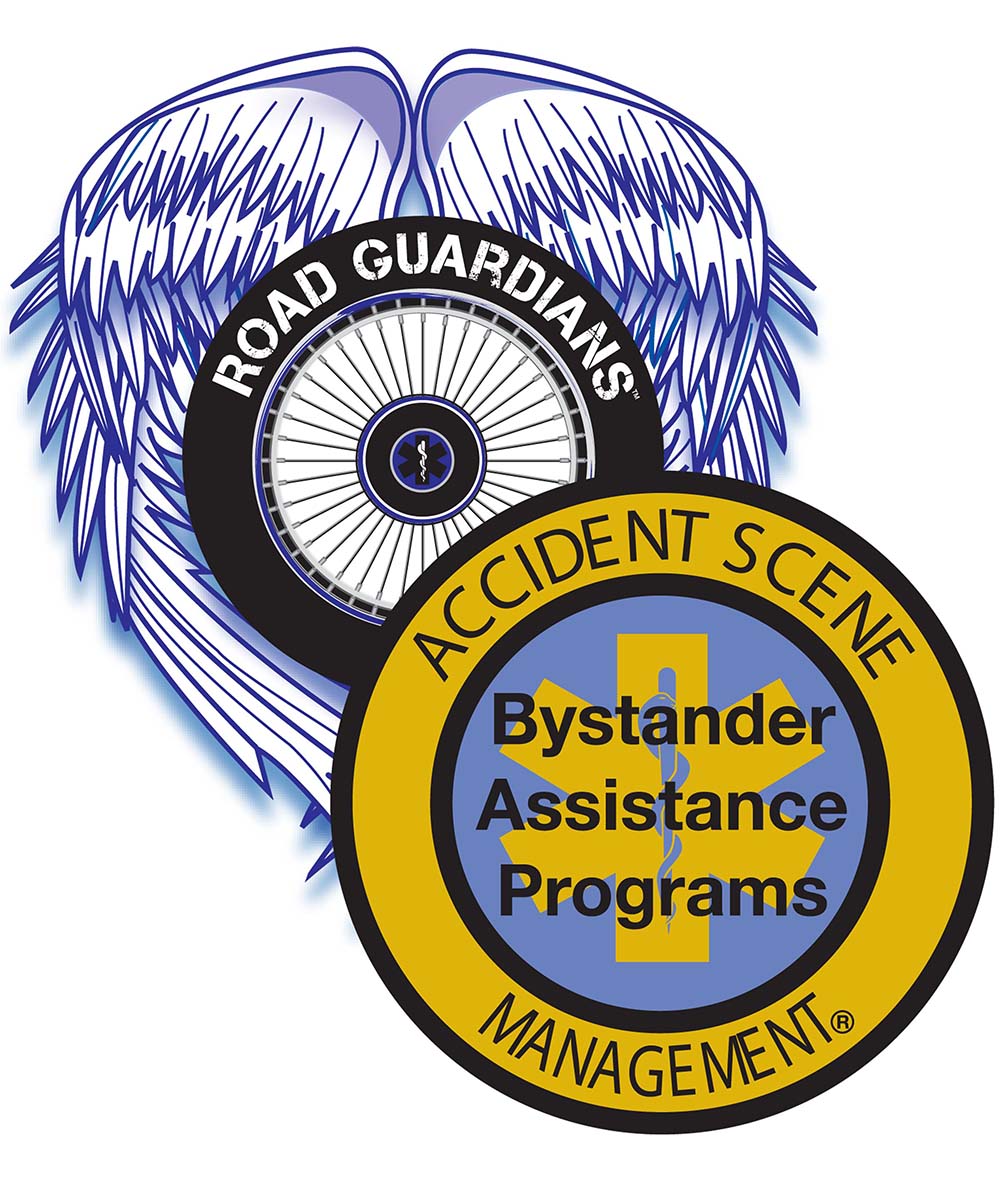Accident Scene Management / Road Guardians
Login |
(262) 706-3278
0
You have 0 items in your cart
Emergency Response:
(a) A person at a hospital or any other location who renders emergency care or emergency counseling to an injured, ill, or emotionally distraught person who reasonably appears to the person rendering the aid to be in immediate need of emergency aid in order to avoid serious harm or death is not liable for civil damages as a result of an act or omission in rendering emergency aid.(b) A member of an organization that exists for the purpose of providing emergency services is not liable for civil damages for injury to a person that results from an act or omission in providing first aid, search, rescue, or other emergency services to the person, regardless of whether the member is under a preexisting duty to render assistance, if the member provided the service while acting as a volunteer member of the organization; in this subsection, “volunteer” means a person who is paid not more than $10 a day and a total of not more than $500 a year, not including ski lift tickets and reimbursement for expenses actually incurred, for providing emergency services.(c) The immunity provided under (b) of this section does not apply to civil damages that result from providing or attempting to provide any of the following advanced life support techniques unless the person who provided them was authorized by law to provide them:
(d)
(d) This section does not preclude liability for civil damages as a result of gross negligence or reckless or intentional misconduct.
Automatic External Defibrillator:
House Bill 395 (1998)
A person at a hospital or other location who renders emergency aid (includes use of an AED) to an injured person in order to avoid serious harm or death is not liable for civil damages as a result of an act or omission in rendering emergency aid.
Title 9, Chapter 09.65
Any prospective AED users must complete an AED training course from the American Heart Association, American Red Cross, or another AED training course provided by the Department of Health and Social Services.
